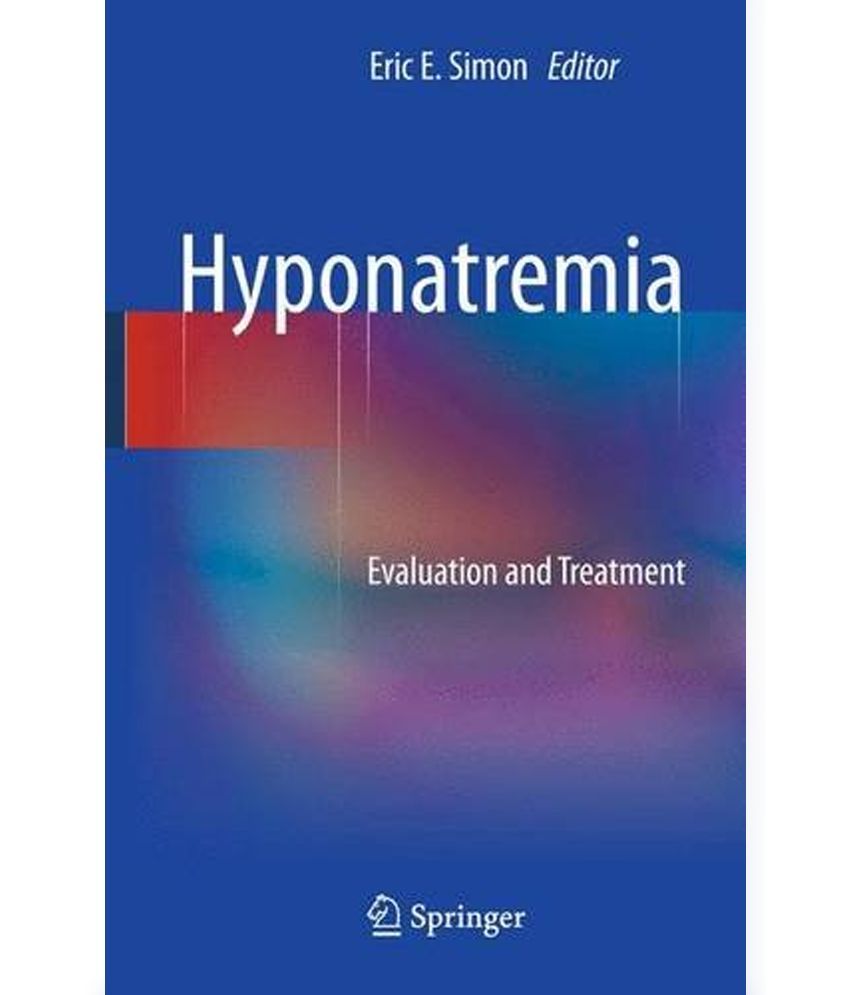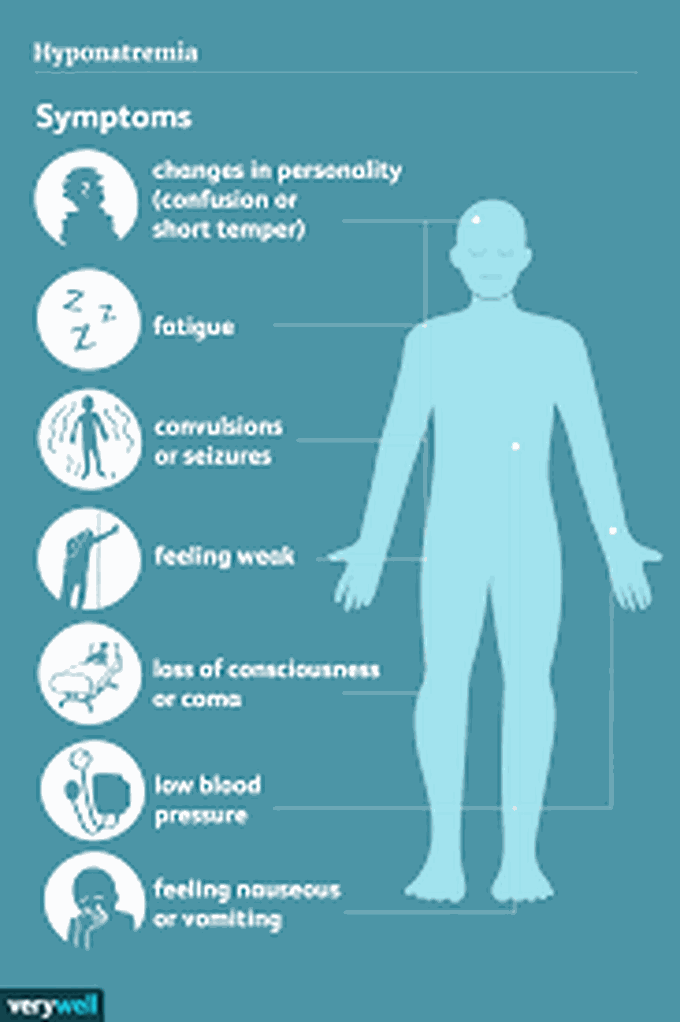Best Info About How To Cure Hyponatremia

Sodium and potassium levels in your blood are important.
How to cure hyponatremia. Hyponatremia is the most frequent electrolyte disorder both in hospitalized patients and in community subjects. If you have moderate, chronic hyponatremia due to your diet, diuretics or drinking too much water, your doctor may recommend temporarily cutting back on fluids. 9 the most common treatment option.
To prevent further declines in the serum sodium concentration, to decrease. 7 min read what is hyponatremia? Treating euvolemic hyponatremia includes restricting free water consumption or using salt tablets or.
The correct ratio of these elements to the amount of total water in your body needs to stay in balance to make sure. Hypovolemic hyponatremia is treated with normal saline infusions. Diagnosis and treatment of hyponatremia:
Covers the primary care management of people with hyponatraemia. Rapid correction with hypertonic saline ameliorates brain swelling and prevents fatal herniation. Levels of sodium in the blood are tightly controlled.
Manifestations of hyponatremia and hypernatremia in adults. In patients with chronic hyponatremia, fluid restriction is the mainstay of treatment, with demeclocycline therapy reserved for use in persistent cases. There are few medications that are consistently effective in treating hyponatremia.
Degree and severity of clinical symptoms duration and magnitude of the hyponatremia patient's volume status the. The treatment of hyponatremia in hospitalized patients has four important goals: Hyponatremia is a condition that happens when you don’t have enough sodium in your blood.
Drugs called vasopressin receptor antagonists are sometimes used in. Hyponatremia should be corrected at a rate similar to that at which it developed. Overview of the treatment of hyponatremia in adults.
Management last revised in november 2020 scenario: He or she may also suggest adjusting your diuretic use to increase the. Compilation of the guidelines vasopressin.
This involves a number of factors including: Some patients need some sodium or potassium replacement. We often try to limit how much salt (sodium) is.
Hyponatremia treatment is aimed at addressing the underlying cause, if possible. When symptoms are mild, hyponatremia should be managed. Treating underlying conditions stopping or changing a medication for a chronic condition that may be negatively affecting blood sodium an intravenous (iv).

















